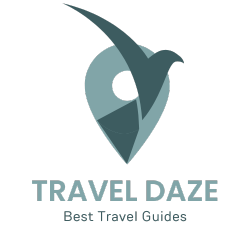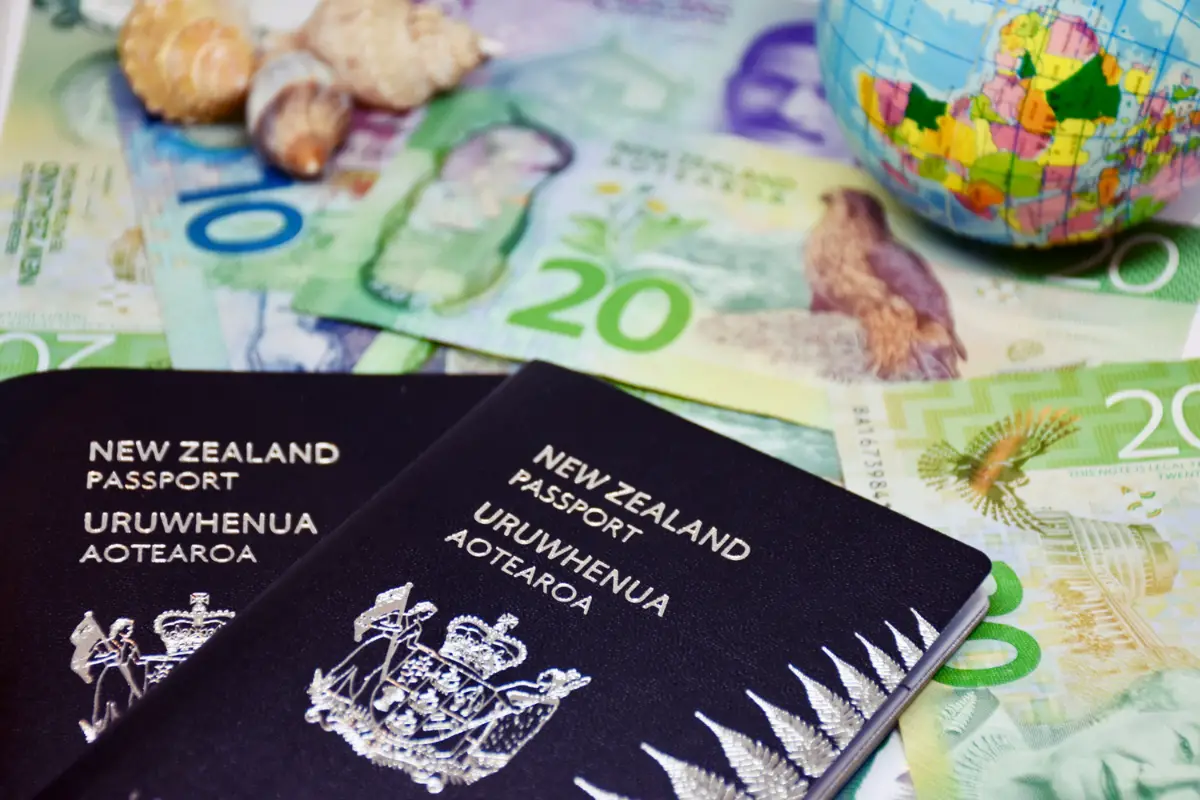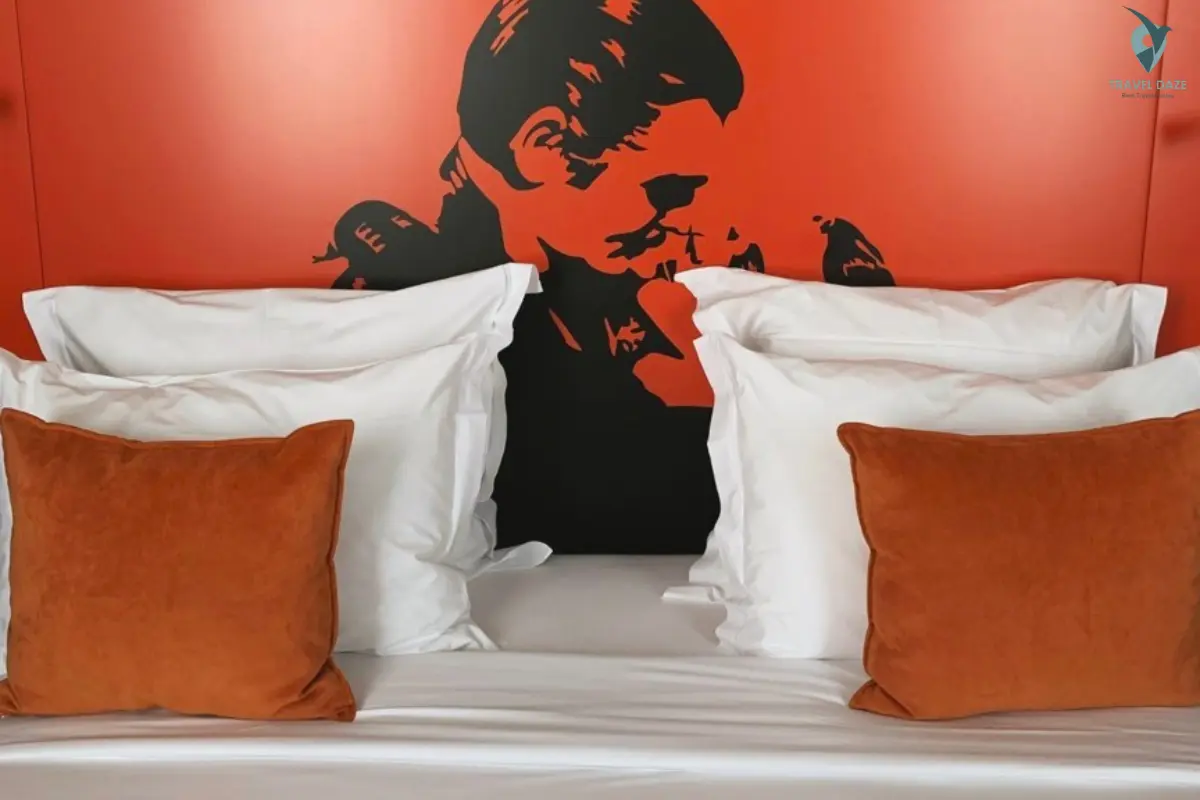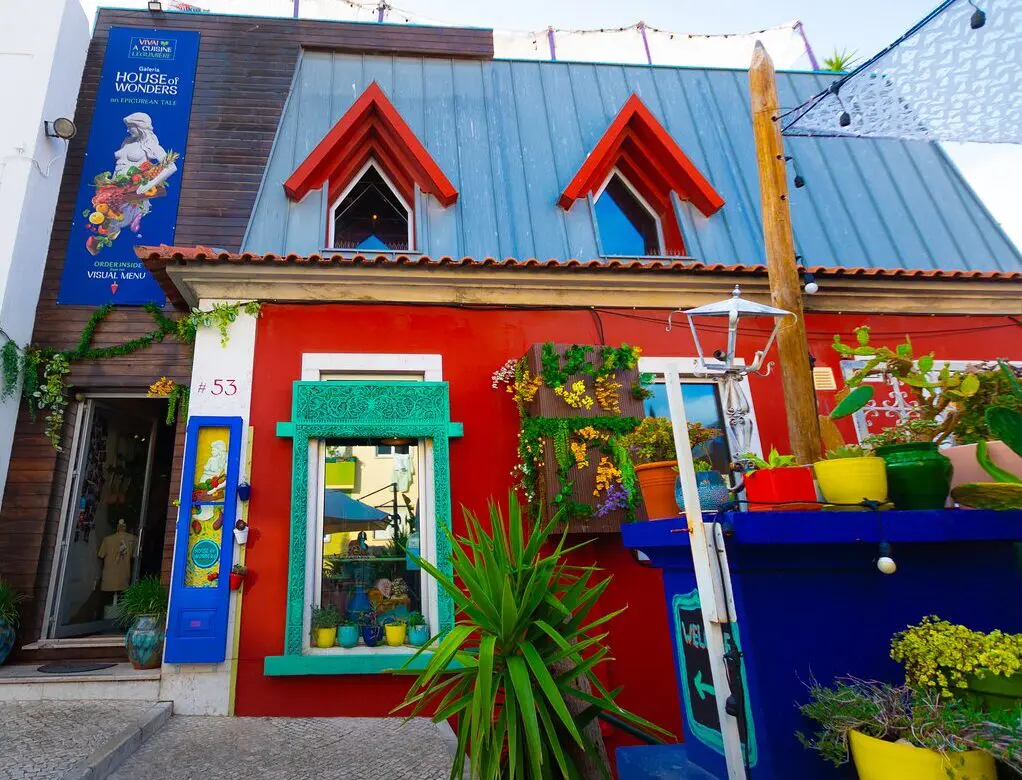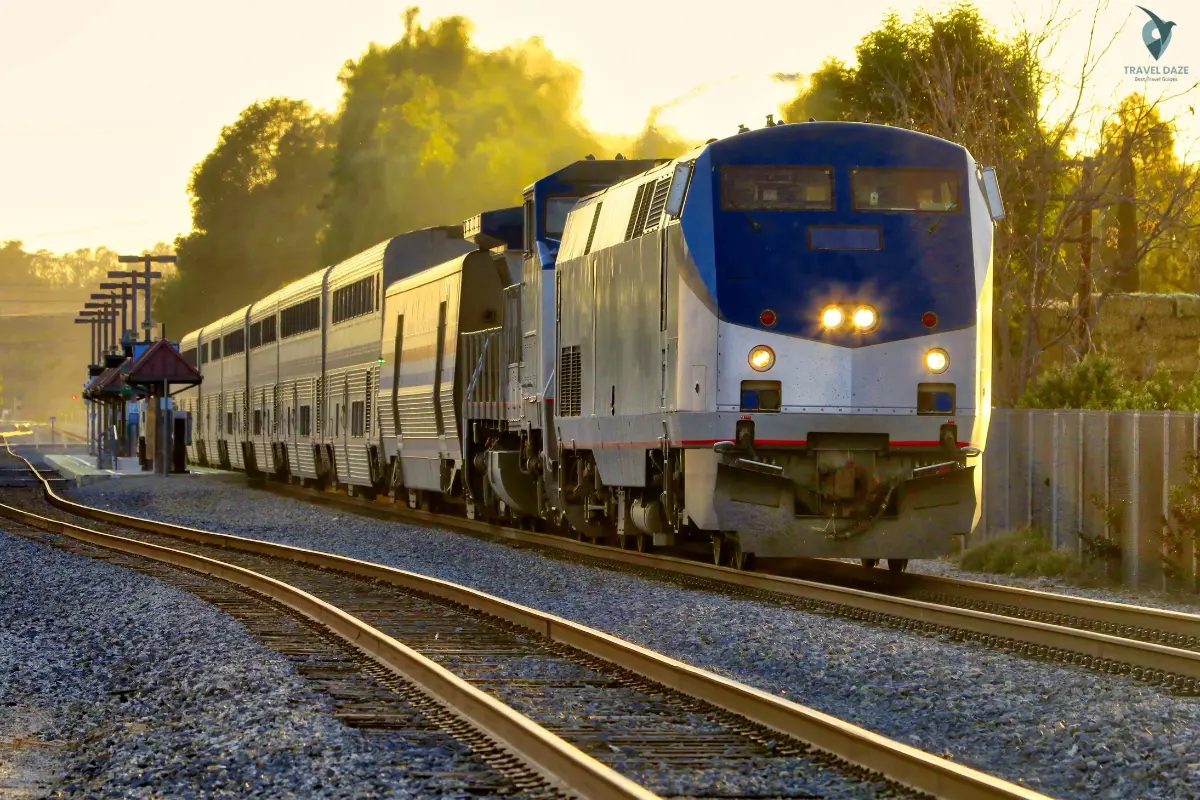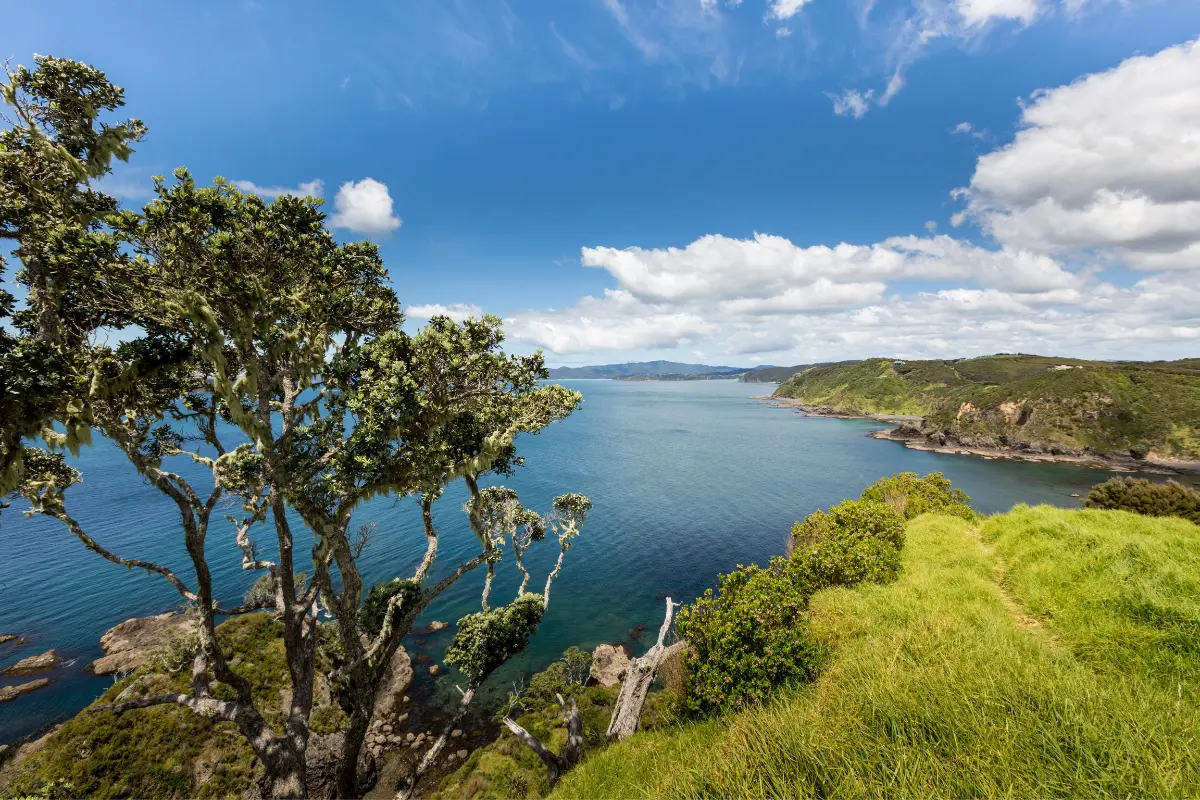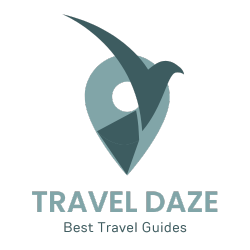I remember looking at my shrinking bank account with horror and determination. I had always wanted to see New Zealand, the Southern Alps with their misty peaks and Fiordland with its clear waters.
Table of Contents
ToggleBut let’s face it: traveling to the land of hobbits and kiwis can quickly deplete your savings quicker than you are able to say “second breakfast.” But I was not discouraged.
A little savvy planning and several traveling hacks later, I set off on an adventure that showed breathtaking vistas need not come with a pricey price.
Now, before you go out and sell your expensive possessions or take a sheep herder job to fund your Kiwi adventure, hear me out. There’s a way to save money and still sample what Aotearoa has to offer without skipping away on the great things.
Consider these tips your personal treasure map to cheap must-visit spots across the country. From getting accommodation deals to finding cheap local food – I know how to stretch a dollar – or should I say New Zealand dollar.
And so buckle up, thrifty travelers: So let’s see how we conquer New Zealand without waving the white flag from our wallets!
Key Points You Need To Know
- I’ve found that traveling during off-peak season is the best way to save money here in New Zealand. Accommodation and activity prices drop and I avoid the crowds – win-win. The shoulder seasons of springtime and autumn offer great weather with lots of lower costs.
- My favorite method for saving money is to camp or stay in hostels! New Zealand has numerous campsites and hostels for budget travellers. I generally stay in a tent or dormitory style rooms, and that reduces accommodation expenses.
- Making my own meals has helped me stay on a budget. I shop at the local supermarkets and farmers markets and make meals which cost less than eating out. This saves me money and I get to try brand new local produce.
- I try and go to free attractions and activities whenever possible. Natural landscapes are so beautiful in New Zealand that I frequently hike, visit the beach and visit public parks without spending any money. You can have so much fun without opening your wallet!
- Lastly, public transportation or ridesharing in lieu of an automobile keeps my traveling costs low. Buses and trains connect major cities well, and ridesharing with other travelers is a good way to save money and meet people as we travel New Zealand together.
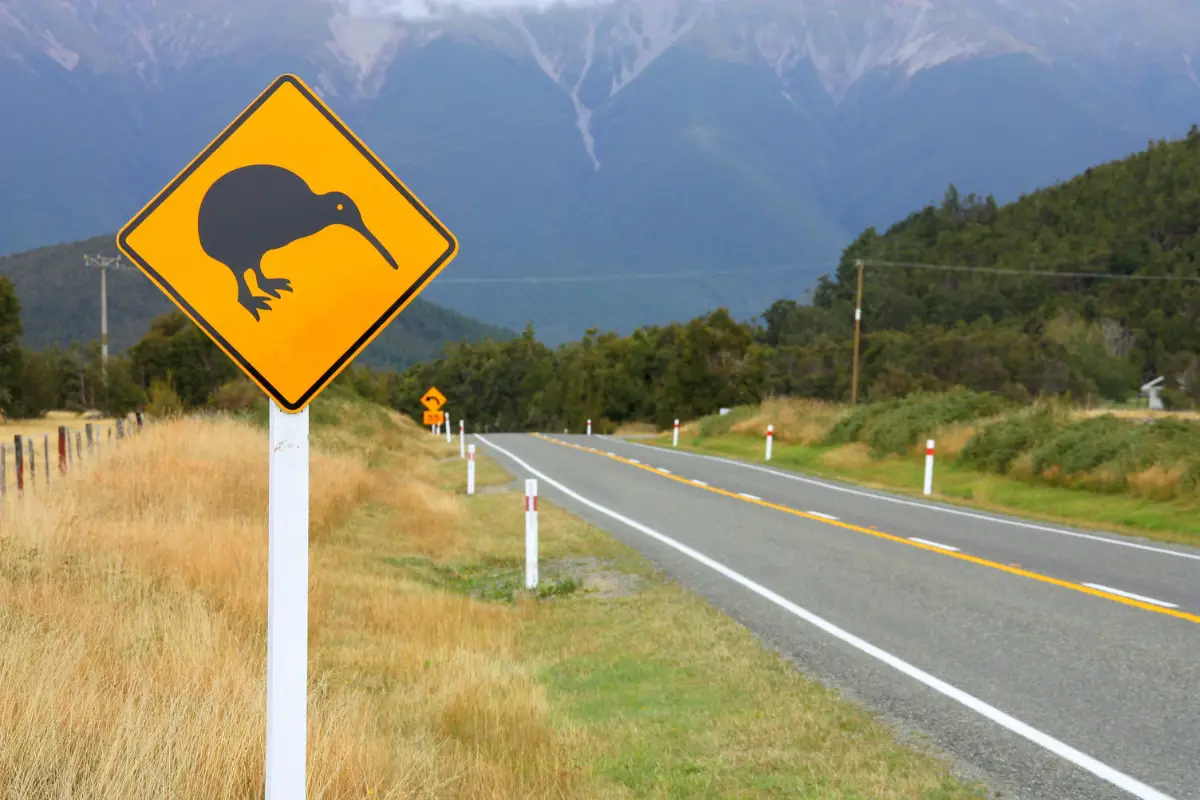
Traveling During Off-Peak Seasons
The very first thing I discovered when I came to New Zealand was that savings requires timing.
I try to visit during the shoulder season – autumn (March-May) and spring (September-November) in New Zealand.
Flights and accommodation are also much cheaper.
Opting for Campervan Adventures
I have rented a campervan rather than a car – and it has been a much cheaper choice. This transport mode doubles as lodging, and New Zealand is a picturesque backdrop.
And freedom camping in designated areas saves me a ton of cash on accommodation.
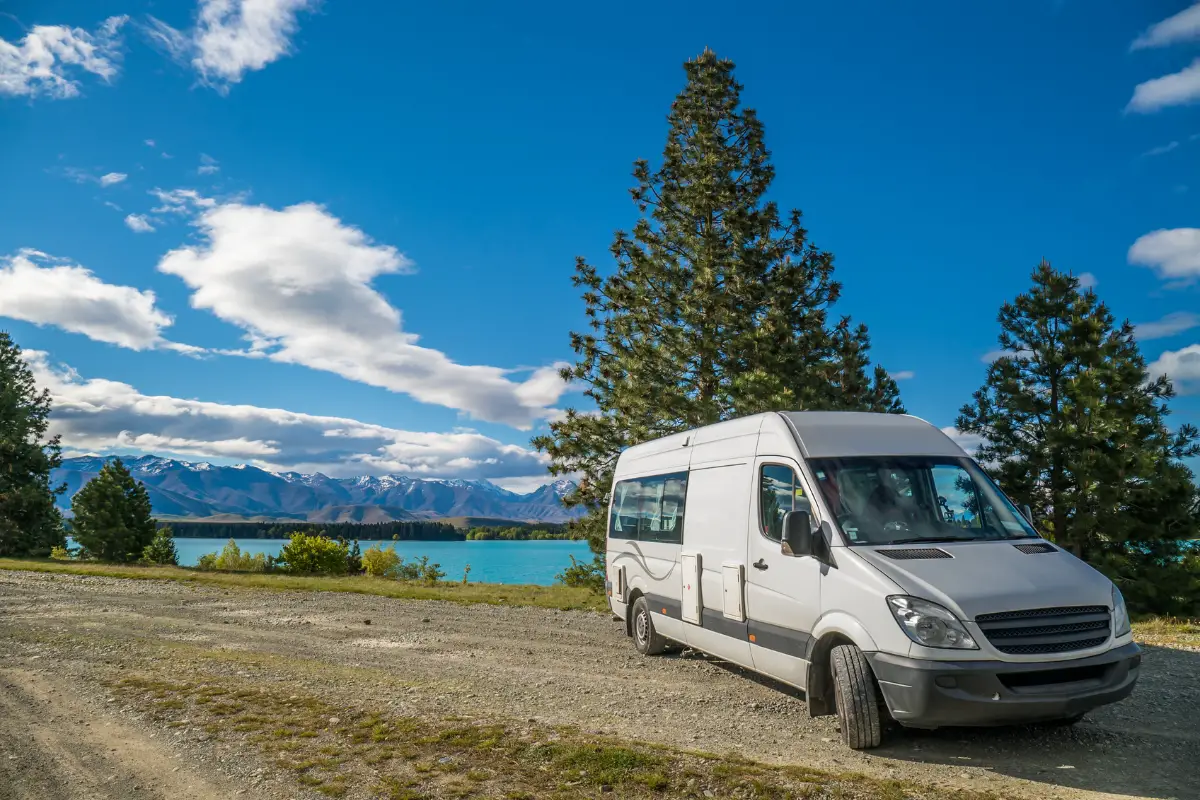
Embrace Free Natural Attractions
I never miss a chance to see New Zealand’s landscapes.
Hiking trails like Tongariro Alpen Crossing or the numerous trails in Fiordlands are free and make you wonder why people pay for such costly attractions when nature is so gorgeous and so free.
Using Discount Cards & Deals
I’ve gotten discounts on accommodation and several activities by registering for discount cards like the BBH Club card and also the YHA Card.
I also check platforms such as Bookme and GrabOne for experience deals – I have been able to go jet boating or bungee jumping for pennies on the dollar.
Local Markets and How To Cook Your Meals
Eating out can add up quick, so I always stop by local farmers’ markets for some inexpensive produce.
Preparing my own meals isn’t only cost-effective; It is also an opportunity for me to make some of the local dishes.
Smart Use of Public Transport
When I go into cities I use the public bus system. It is much more than an economic choice – it’s a way to meet locals and understand their lives.
For longer intercity travel, companies such as Intercity and Naked Bus are budget-friendly if booked ahead of time.
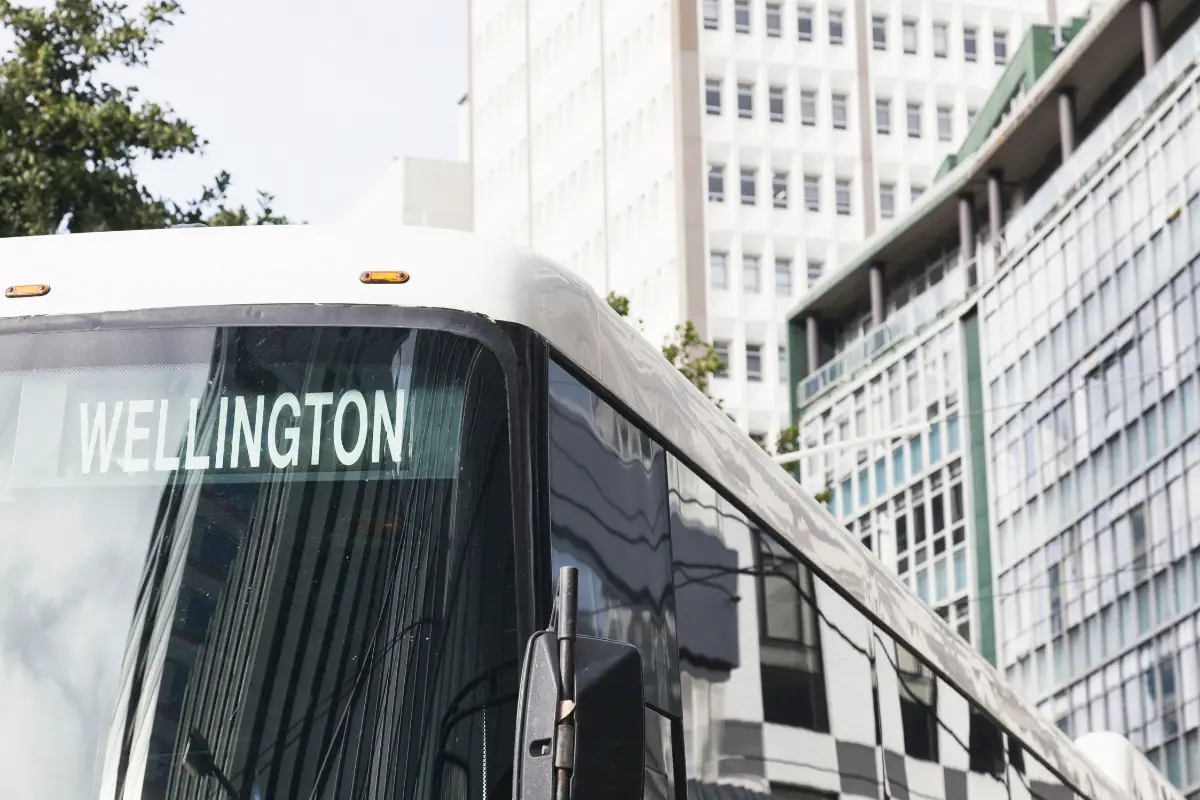
Thrifty Accommodation: Hostels and Holiday Parks
Wandering through the islands I stay in hostels – locations to rest and meet up with other travellers.
Yet another favorite is holiday parks that have low-cost cabins and campsites equipped with facilities. The sense of community here is priceless, though it keeps my budget in check.
Earn While You Travel
I might extend my stay by doing casual work like fruit picking or working in hostels with the working holiday visa scheme.
This gives you some extra money and also, importantly, a genuine taste of the Kiwi lifestyle.
Loyalty Program & Airlines Points
Because flights are often the largest expense, I use airline points and loyalty programs.
Frequently I have received absolutely free flights or upgrades by being in an airline’s frequent flyer program – which can net huge cost savings.
Explore Locally and Go Slow
Lastly, I have found that taking time to gradually soak in the essence of every destination not only produces memorable experiences but also decreases transport costs.
I stay longer in fewer locations, which decreases my carbon footprint and is in line with sustainable travel goals.
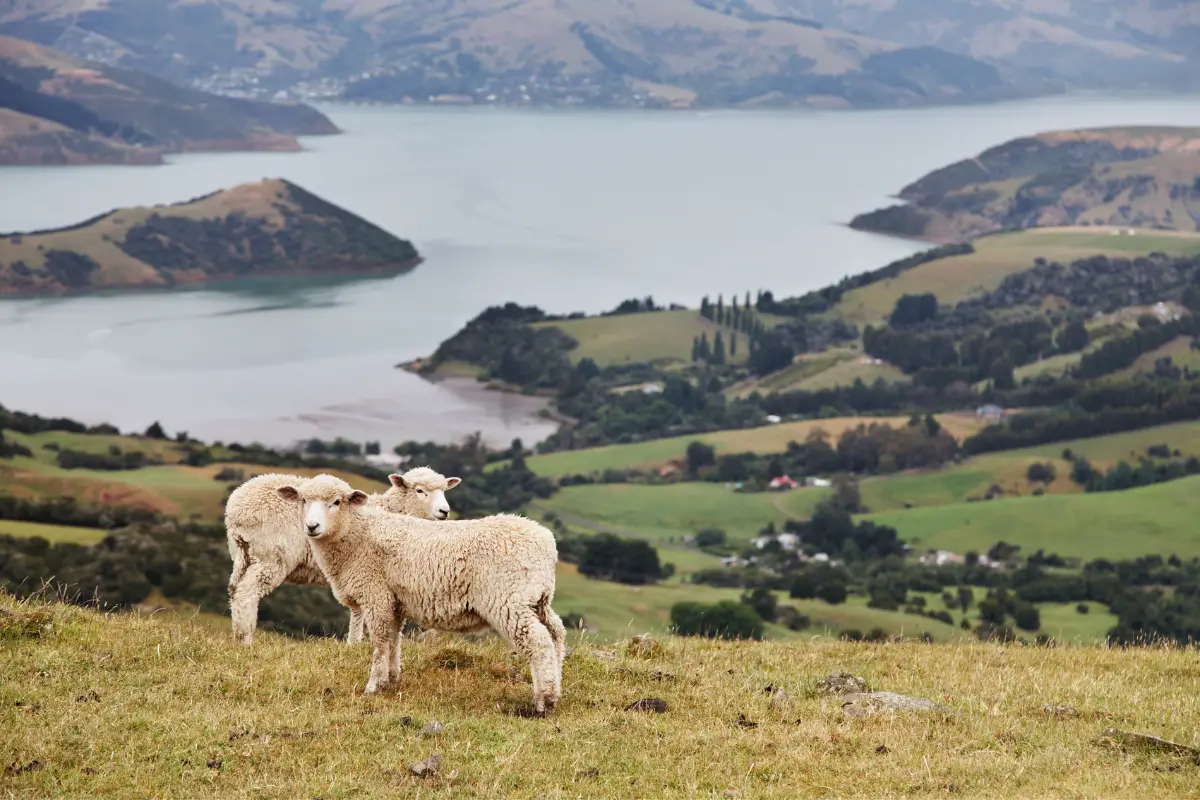
Ready to Create Your Budget-Friendly New Zealand Itinerary?
- Flights and accommodation are often cheaper at off-peak times.
- Consider a campervan rental – a home on wheels that cuts costs considerably.
- Take in some of the free natural attractions New Zealand is offering.
- Pack discount cards and search deal sites for event & activity savings.
- Shop local markets & cook meals to keep the cultural experience & budget in check.
- Travel like a local on low-cost public transit.
- Hostels or holiday parks are friendly, communal, and inexpensive lodging options.
- Profit from the working vacation visa while you explore.
- Collect and redeem airline points and loyalty points for free travel.
- Go slow & local for an authentic experience and save on frequent travel expenses.
Final Thoughts – Traveling in New Zealand on a Shoestring
After exploring these cost-saving measures, I’m confident that experiencing the exquisite beauty and distinctive culture of New Zealand on a budget is totally feasible.
Planning ahead, being flexible with your travel arrangements, and enjoying the local culture can yield a memorable trip without the price tag.
Keep it budget-conscious and safe – and always allow for some spontaneity – who knows what’s going to happen on the road in Aotearoa!
Exploring New Zealand on a budget has strengthened my belief that travel is more about connections than spending money. So get ready, get resourceful, and get prepared to weave memories in this little corner of the world while preserving your wallet.
FAQ
Is Couchsurfing a viable option for accommodation in New Zealand?
Couchsurfing is an inexpensive way to stay in New Zealand. It is a free hotel stay, but you are able to also meet locals and experience New Zealand life. Many Kiwis are friendly and happy to share their homes with travelers. Just book your stays well in advance and keep a profile which shows you care about cultural exchange.
Could I save money travelling by public transportation in New Zealand?
Using New Zealand’s public transportation system is an inexpensive way to go around the city. Bus and train networks are well developed in cities like Auckland and Wellington. But for places much more remote than that – together with some of New Zealand’s most beautiful natural attractions – book a budget bus service or hire a campervan in off-peak seasons to save on transport and accommodation.
Are there affordable food options for travelers in New Zealand?
Definitely! For meals, self-catering is possible – check out your local supermarket and farmers’ markets. Another tip is to go to pubs and eateries during ‘happy hour’ for discounts on drinks and food. Food halls and night markets also usually have cheap food so you can sample Kiwi flavours without emptying your wallet.
What is the best season to travel to New Zealand on a budget?
Travelling in the shoulder seasons of spring from September to November or autumn from March to May will save you money. The weather is generally pleasant and there are fewer tourists so that you can get better rates on accommodation along with other activities. Winter is economical in case you do not want to ski.
Is it possible to experience New Zealand’s natural beauty without expensive tours?
Absolutely! There are numerous parks and reserves in New Zealand where you can hike and relax for free. In cities, look for free walking tours, and use the public trails. Respect local wilderness regulations to safeguard these pristine areas.
How can work or volunteer opportunities help me save money while traveling?
Accommodation and meals through work exchange programs such as WWOOF and HelpX may be available for a couple hours work per day in return for accommodation and meals through these programs. This not only saves you money on your travels but also enriches it with meaningful cultural exchanges and new skills.
Can I find budget-friendly camping options in New Zealand?
There are lots of inexpensive campsites in New Zealand for campers. Numerous campsites are run by the Department of Conservation (DOC), and you can find free sites with basic services. Responsible camping keeps these locations open and clean for future visitors.
What are some cost-effective ways to stay connected while I travel?
The cheapest way to stay connected is generally buying a local prepaid sim card for your mobile phone. Public libraries and several cafes also have free WiFi – but your hotel should have free internet access so that you are able to keep in touch without paying extra.
Are there discounts available for cultural and tourist attractions?
Yes, discounts are available – particularly in case you have student or backpacker cards. Numerous attractions have concession prices, and combo deals or day-pass discounts can assist you in saving money as well. Look online for deals or check local i-SITE info centers for current offers on attractions.
Is hitchhiking a recommended way to get around New Zealand?
Though hitchhiking has long been part of New Zealand traveling culture, safety comes before cost savings. In the event you do decide to hitchhike, always tell someone and stay in places where people are crowded for pick-ups. But for peace of mind, you might want to consider other budget modes of transportation first.
